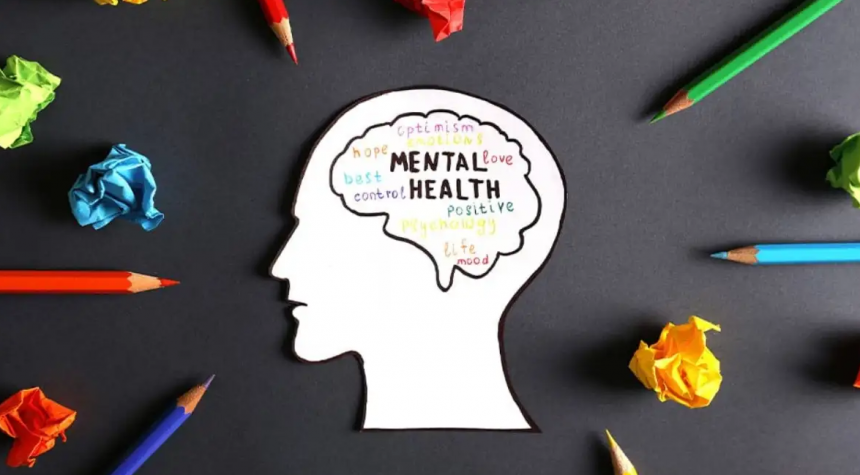The hallowed halls of India’s law schools are facing a silent epidemic. Behind the polished moot court performances and rigorous academic schedules, a growing number of law students are battling severe mental health crises. As a student representative who has witnessed this crisis unfold over years, I’ve seen brilliant minds crumble under pressure, while those with disabilities face additional barriers in an education system that remains stubbornly indifferent to their struggles.
Legal education, with its archaic teaching methods and toxic campus culture, has become a pressure cooker for young minds. The typical law school day involves six-hour marathon lectures where professors drone on while students struggle to maintain focus. There’s a fundamental misunderstanding in our education system – while teaching for long hours may be tiring, the real cognitive burden falls on students who must constantly listen, process, and retain complex information. This relentless mental exertion, coupled with the pressure to perform, creates perfect conditions for anxiety, depression, and burnout.
The problem extends beyond academics. The notorious senior-junior hierarchy in law schools often manifests as outright bullying. I recall one particularly disturbing incident involving a junior with a history of clinical depression. A senior, seeking to assert dominance, physically assaulted him over a trivial matter. Days later, the junior confessed to me that he was seriously contemplating suicide. While I managed to intervene that time, how many such cases go unreported? How many students suffer in silence because our institutions lack proper support systems?
Students with disabilities face even greater challenges. Despite the Rights of Persons with Disabilities Act, most law schools remain woefully inaccessible – both physically and pedagogically. Visually impaired students struggle with inaccessible study materials, those with mobility challenges face infrastructure barriers, and students with mental health conditions receive little to no accommodation. The irony is palpable – we study laws meant to protect vulnerable populations while our own institutions fail to practice what they preach.
The transition from school to law school adds another layer of stress. Young students fresh out of Class 12 encounter a dramatically different social environment – complex peer relationships, romantic entanglements, and intense academic competition. Instead of receiving guidance, they face moral policing from faculty who view any non-academic pursuit as “sinful.” This puritanical approach only exacerbates mental health issues by creating an environment of shame and secrecy.
What makes this crisis particularly tragic is that it’s entirely preventable. We don’t need radical solutions – just basic humanity. Law schools must replace endless lectures with interactive learning methods that engage rather than exhaust students. Mental health professionals should be as commonplace as library books. Faculty members, especially those resistant to change, need sensitization programs to understand contemporary student needs. Most importantly, we must dismantle toxic traditions like ragging and replace them with genuine mentorship programs.
The legal profession shapes society’s guardians of justice. How can we expect future lawyers to uphold constitutional values of dignity and equality when their own education denies them these very principles? Our law schools are producing brilliant legal minds, but at what cost? If we continue to ignore the mental health crisis in legal education, we risk creating a generation of lawyers who know every law except the most important one – the right to mental well-being.
The time for reform is now. Not just for the sake of students, but for the future of our legal system. After all, a profession built on justice should begin with just treatment of its own.
(The author is a student of law and social activist)








